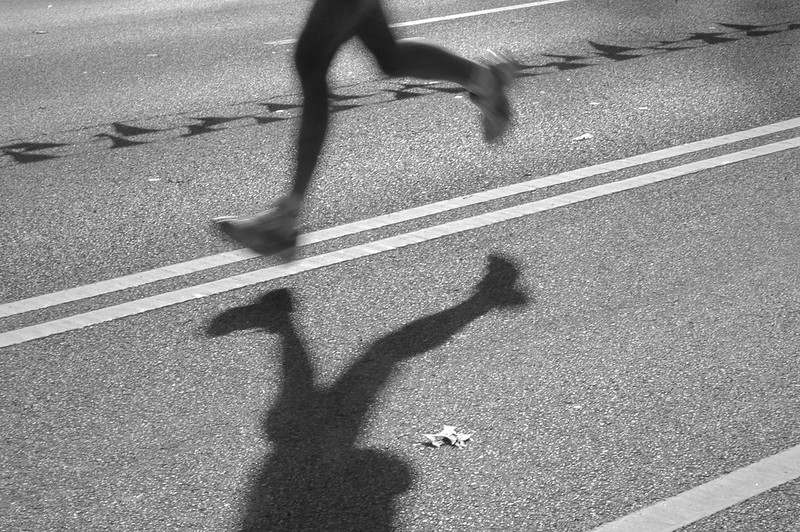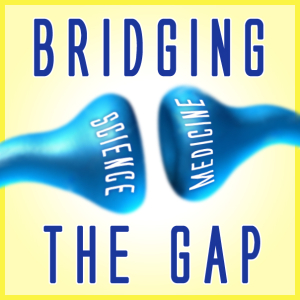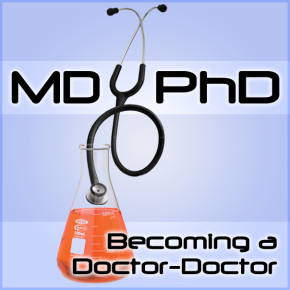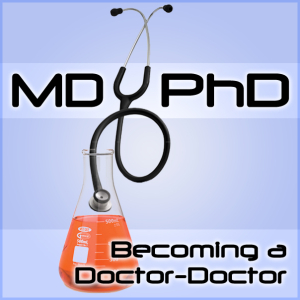The Wall at Mile 20
It, in fact, hit me like a wall. As I pushed past mile 20 in my first marathon, I felt the notorious ‘wall’. My glycogen stores were depleted, and my legs felt like they were no longer part of my body, but rather two 40 pound dumbbells I was lifting and dropping on the hard pavement with each step forward. Most distance runners would break down a marathon as a two-part race: cruising for the …







